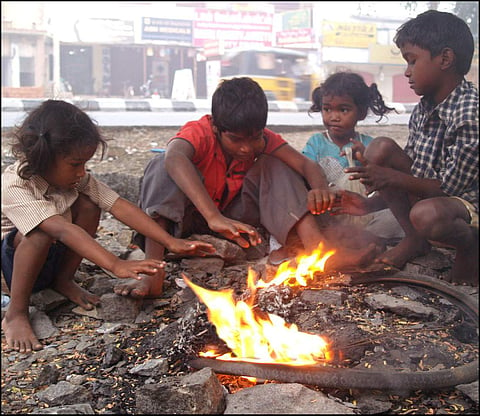

States and Union Territories (UTs) have been directed by the Supreme Court to work on implementing the suggestions for rehabilitation policy for street children. It also added that it should not remain on paper. This happened on Monday, February 21.
Only 17,914 — information regarding only these many children living on the street has been given while their estimated number is 15 to 20 lakh, a bench of Justices L Nageswara Rao and BR Gavai noted, as stated in a report by PTI.
The Supreme Court repeated that the web portal of the National Commission for Protection of Child Rights (NCPCR) needs to be updated with the required material by concerned authorities and that this needs to be done without fail. Efforts need to be made to ensure that the street children are rehabilitated, the bench said. The suggestions which were made by NCPCR need to be implemented by governments of states and UTs, subject to certain modifications made by state governments.
NCPCR is directed to conduct periodical reviews preferably once a month to monitor the implementation of the suggestions, the bench said, as quoted in a report by PTI.
The purpose of collecting information is for implementing schemes for destitute children in street situations and regarding the same, the states and UTs were directed to extend their full cooperation to NCPCR.
Appearing for NCPCR, it was Additional Solicitor General KM Nataraj who alleged that state officers were not cooperating during scrutiny and inspection. Advocate TK Nayak appeared for one of the parties in the case.
It is after four weeks that the matter has been listed for a hearing again.
Earlier, the Supreme Court had directed that testimonies of children who are victims of child trafficking need to be recorded via video conferencing. This had to be done at the district court complex or the District Legal Services Authority office from where the child hails.
The court expressed concern with regards to obviating difficulties to victims of trafficking who had to travel long distances to give their evidence in trial courts.
